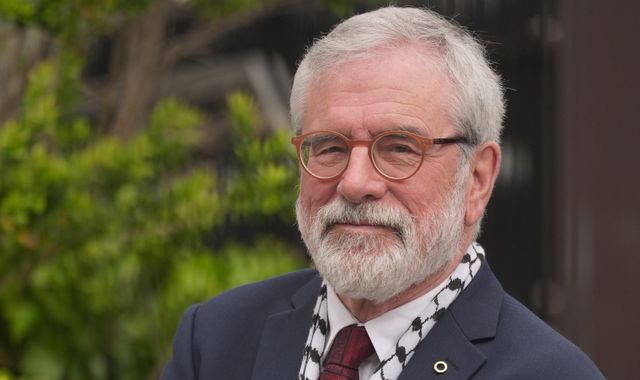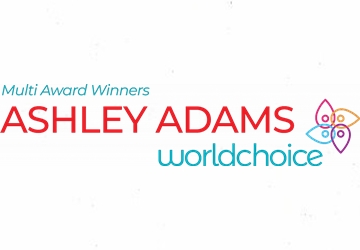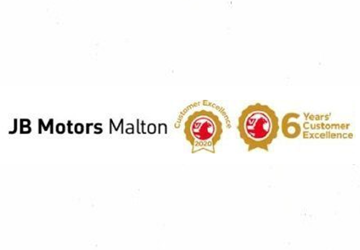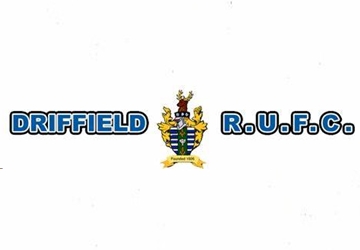The 76-year-old had claimed a BBC Spotlight programme and an online article published in 2016 defamed him by falsely accusing him of sanctioning the murder of British informant Denis Donaldson.
Mr Donaldson, 55, was shot dead at a cottage near Glenties, County Donegal in 2006, months after being exposed as a British agent.
During the civil defamation trial at the High Court in Dublin, Mr Adams claimed the Spotlight programme was an “attempted hatchet job” that was “full of inaccuracies”.
The programme featured an anonymous IRA source named “Martin” who said that murders had to be approved by the political and military leadership of the IRA. When pressed on who he was referring to, “Martin” replied: “Gerry Adams. He gives the final say”.
Mr Adams, who spent seven days in the witness box during the trial, described the allegation as a “grievous smear”.
He told the court that he had “liked” Mr Donaldson and was “shocked” to learn of his murder.
“Personally, I think Denis Donaldson was a victim of the conflict. I don’t see any other way of describing it,” he said.
Speaking outside court, Mr Adams, who spoke in both Irish and English, said this case was “about putting manners on the British Broadcasting Corporation”.
Mr Adams told reporters: “I know many, many journalists. I like to think that I get on well with the most of them, and I wish you well, and I would uphold your right to do your job.
“But the British Broadcasting Corporation upholds the ethos of the British state in Ireland, and in my view it’s out of sync in many, many fronts with the Good Friday Agreement.
“It hasn’t caught on to where we are on this island as part of the process, the continuing process, of building peace and justice, and harmony, and, hopefully, in the time ahead, unity.”
Mr Adams added that he was “very mindful of the Donaldson family” in the course of this long trial.
He continued: “I want to say that the Justice Minister Jim O’Callaghan should meet the family of Denis Donaldson as quickly as possible, and that there’s an onus on both governments and everyone else, and I include myself in this, to try and deal with these legacy issues as best that we can.”
Asked what the outcome of the case might mean for his reputation, Mr Adams replied: “I’ve always been satisfied with my reputation.
“Obviously, like yourself, we all have flaws in our character, but the jury made the decision and let’s accept the outcome, and I think let’s accept what the jury said.”
Mr Adams’s legal team sought at least €200,000 (£168,000) in damages. The former Sinn Fein president had said he would give any award received to good causes.
His testimony during the trial was wide-ranging, including a lengthy account of his early years and political awakenings. At times he became emotional as he recalled past events.
The BBC denied it defamed Mr Adams and claimed the Spotlight programme and article were put out in good faith and during the course of discussion on a subject of public and vital interest.
The BBC defended its “responsible journalism” that was the result of careful investigation, and argued it was merely reporting allegations, rather than standing over them.
Adam Smyth, director of BBC Northern Ireland, expressed disappointment in the outcome.
Speaking to media outside court, Mr Smyth said: “We believe we supplied extensive evidence to the court of the careful editorial processes and journalistic diligence applied to this programme, and to the accompanying online article. Moreover, it was accepted by the court and conceded by Gerry Adams’ legal team that the Spotlight broadcast and publication were of the highest public interest.
“We didn’t want to come to court but it was important that we defend our journalism and we stand by that decision.
“(Nothern Ireland’s) past is difficult terrain for any jury and we thank them for their diligence and careful consideration of the issues in this case.
“The implications of their decision, though, are profound. As our legal team made clear, if the BBC’s case cannot be won under existing Irish defamation law, it is hard to see how anyone’s could, and they warned how today’s decision would hinder freedom of expression.
“Of course, a case of this importance, duration and complexity involves significant expense. In common with other media organisations, the BBC has insurance and makes financial provision for ongoing and anticipated legal claims.”
He added they will take some time to consider the implications of the ruling.
Following the verdict, Mr Adams’s solicitor Paul Tweed said his client is “very pleased” with the outcome and the award of damages “speaks for itself”.
He said: “Not only had the false allegation regarding our client been the focus of the Spotlight documentary, but it had been utilised to sensationalise and publicise their programme.
“Furthermore, the fact that the false allegation has been left online for almost nine years has, in my opinion, done much to undermine the high standards of accuracy that is expected of the BBC.
“This case could and should have been resolved some considerable time ago.”
This breaking news story is being updated and more details will be published shortly.
Please refresh the page for the fullest version.
You can receive breaking news alerts on a smartphone or tablet via the Sky News app. You can also follow us on WhatsApp and subscribe to our YouTube channel to keep up with the latest news.





























